Change Resistance and the Role of Leadership
1/11/2021
When big change needs to happen: if you're part of the resistance, you might get left behind.
Image via Shutterstock
Events of the past week have made me think about resistance to change and the role of leaders in our current system and context. What does accountability in the face of resistance look like in organizations? Significant history and culture has defined our current state and it is important to remember that leaders aren't "other people" they are us.
Coming into 2021, we have all been changed in a transformative way: by COVD-19, the deaths of loved ones, losses of livelihoods, the breakdown of our society and by calls to action for anti-racism and equality in society and our workplaces. So much of my work at Charthouse involves making positive change happen for organizations and the people within them. We focus on advancing the goals of businesses while thinking deeply about how these changes affect people. Our goal is to help people and organizations be successful together in the new world that they have defined for themselves.
But there is always resistance to change. Why?
Humans are afraid of losing things they have. We are all afraid of loss. We try with all of our might to protect what we have and prevent bad things from happening to us. In organizations, this relates to loss of power, autonomy, and status. But, while people are experiencing fear, it is almost impossible for them to see what might be gained from the change, and what opportunities will come.
Organizations after all, are a microcosm of broader society. And, it is important to remember that North American society and culture was born of a colonial family. The roots of our cultural ancestry are deep, on this occupied land, some 500 years. North American culture and society has been elevated at the expense of others - Indigenous people, Black people, people of colour, LGBTQ2+ people, women. At the same time, change is happening, good and positive change that is working to upend this history and create something new. Those who benefit from this system have a lot to lose, so they resist.
Events of this past year have brought resistance to change to the forefront. This past week we are seeing this manifest in violence, threats of death to people of colour, women in power, and an attempted coup d'état. These few, represent many, and are seeking to resist change, people who are part of systems that enabled them are resisting change too. But when resistance is against change to a system that exploits others--it is time for leaders to stand for those that they serve and for the world they want to see. The status quo is no longer acceptable.
In the microcosm of an organization, we move on, collectively towards the new, and those who are left behind choose to be left behind. What that feels like in an organization is: "we've heard what the resistance has to say, and we've decided to move forward". This can be a hard stance for a leader to take, especially for empathetic leaders. Sometimes you can see the point of view, or understand where someone is coming from, the "agree to disagree" approach. But, leadership is accountable to the people they lead and change requires wholehearted commitment and consistency-- an in or out mentality. You can't bring about real change if you're only half invested. Every leader embarking on change must make this choice. Then, the time comes for those who remain staunch in their views, refusing to change, when they are no longer given the benefit of attention because we no longer believe that there is merit in returning to the past. Leaders must say: we reject the way things are today and we're invested in the future. We believe that what comes next is promising. The challenge, for us as people, as humans, and specifically for those of us who have benefitted from this societal system, is to turn our attention to the rising sun, and make the choice to invest in a future that isn't defined by us or the past anymore.
The most wonderful thing about people is that we are capable of change. Big, transformative, exciting change. We can bring these changes to others and uplift them in the process. Our organizations and systems are capable of this too. They can change with us. Change is powerful. In exchange, it requires decision, commitment and consistency. Even the strongest resistance fades over time, when collectively, we decide to no longer give it the attention it needs to sustain, to grow. It will fade because we actively reject it, and because we have chosen to invest in a different and better vision of the future.

